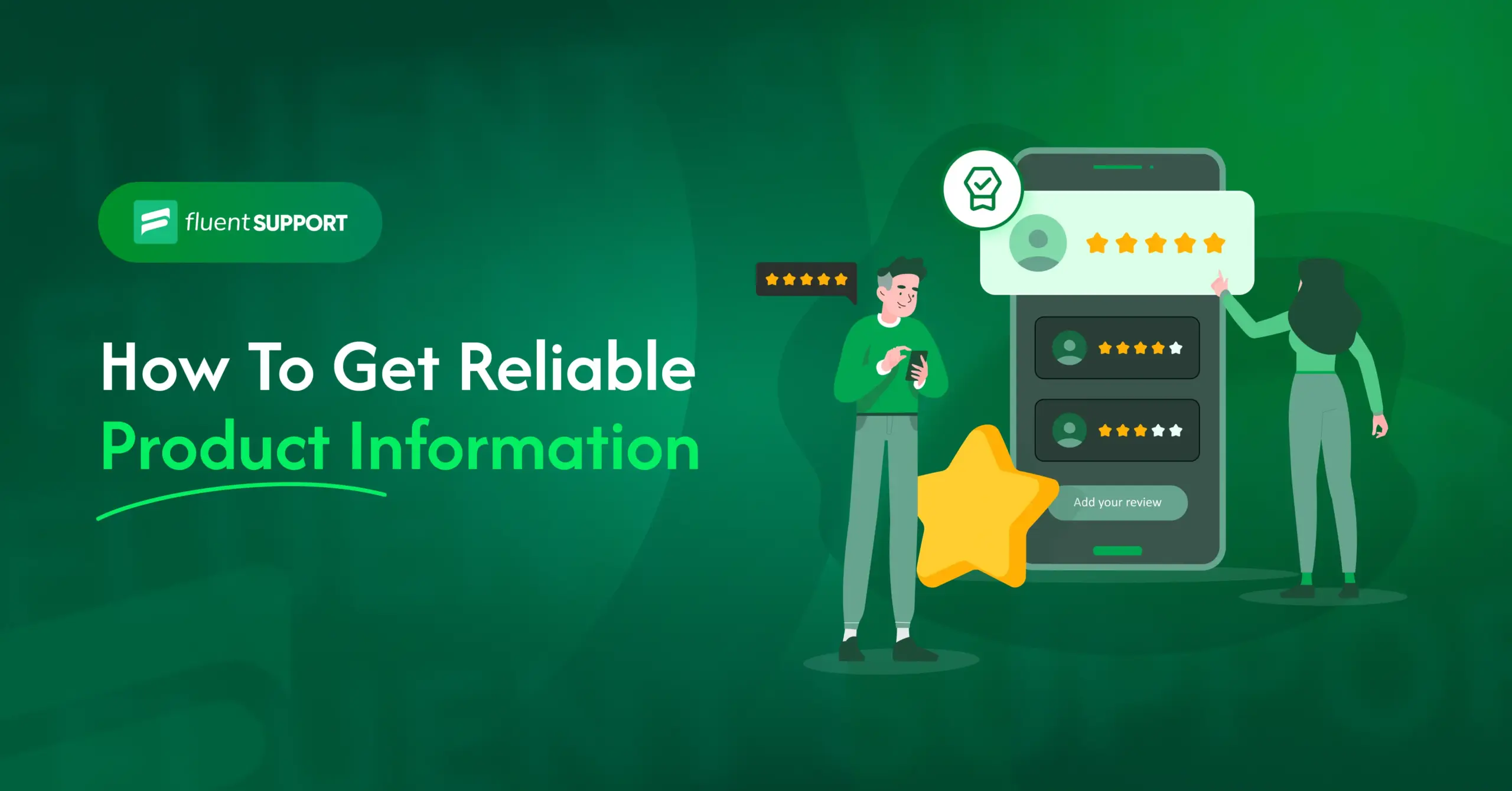
What is one of the best ways to get reliable information about a product?
By Md. Ariful Basher
February 3, 2025
Last Modified: February 19, 2025
I was looking for a headphone for my regular use. Was looking through page after page, review after review. I wasn’t sure which is paid or biased, and which one is genuine. I am very worried about after-sale service; in fact, I don’t want to knock on anyone after making the purchase. And the question popped: What is one of the best ways to get reliable information about a product?
In my case, I wasn’t looking for any expensive headphones, but still I was sweating inside. I am going to choose a bad product. And what I feel is, in this internet world, you can get lost and scammed very easily. It’s become harder and harder to pin point the right information.
I followed a few tricks to do my research when I bought the product, either it’s a headphone or software like Fluent Support. And I have systems for all types of products, by the way. Let me explain what types I’m talking about.
Category of products
In general, I categorize every product in three basic categories.
Essential products are my daily needs. Like household needs, groceries, personal goods, health-related products, and so on. Things that we use on a regular basis.
Function products are tools that we use in our daily lives, technology, or even service, leisure, travel, and so on. Things that make our daily lives easier and more productive.
Exclusive or luxury products are self-explanatory. like a luxury bag, clothing, or luxury car.
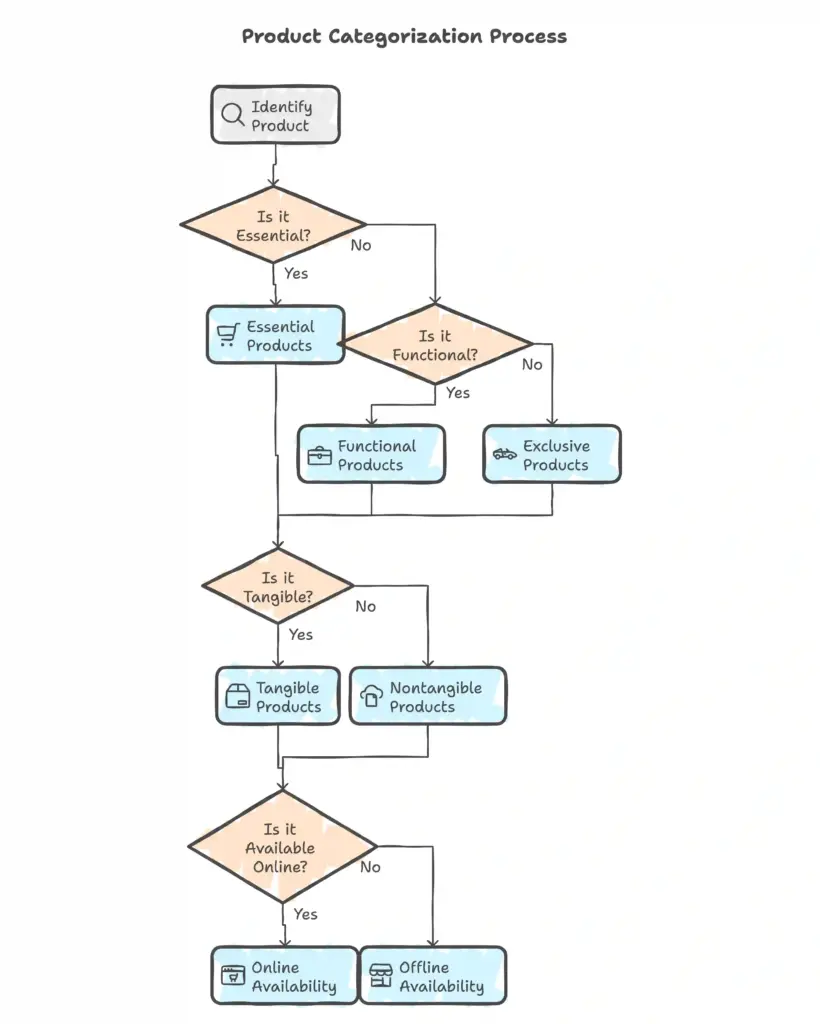
Now that we have a basic set of products, we can go even deeper to segregate the products as per tangible or nontangible products. That means if the product is a physical good, a digital product, or just an experience.
And the final setup is if the product is available online or offline. This is the basic categorization that I do. This categorizes help farther, what approaches I will take to do the research and verify the information about the product.
What is one of the best ways to get reliable information about a product?
Now we will go through the best ways to get reliable information about a product first. After the brief of the possible approach, we’ll discuss which one will be suitable for which category of product.
Sources of review verification
- Social media reviews
- Review sites
- Experts’ analysis
- Forums
- Official websites
- Online store review
Social media reviews
Let’s start with social media. You just need to keep in mind a few things before deciding that you are going to truck the review posted on Facebook, Pinterest, or any other social media.
First, see if the user has a real profile picture. You can simply search using Google Lens to verify this. Next, see if the per post more often than a regular user does. Check the profile to find out about the activity of the user.
Next, you have to see if the review itself is suspicious or not. Like, is it too positive, too negative, or just repeating specific words over and over? Like buy now, limited offer, life-changing deal.
Look for patterns in the list of reviews. If you find similar-looking reviews, then it’s most likely a bot. Look for the image of the product they share. Is it too polished, almost like edited, or amateurly taken? If it’s too perfect, then it’s not real.
Finally, look for the post time. If the reviews are posted too often, then do not trust those. Also, if it’s too old, avoid that as well.
Review sites
You can also look for review sites like Google, Trustpilot, and Yelp for feedback on a product or service. Now few things can be the same as the social media part. But for review sites, you verify a few more things.
Look for a copy-pasted review. If a review is just copied and pasted on different platforms, then it’s definitely fake. Look for the verified review badge. Some platforms showcase the badge for authentic reviewers.
There are few platforms like G2 reviews that can be trusted because they use the real LinkedIn profile of the user to verify the review before it is posted. See if the reviews only post positive or negative reviews or not. In both cases, it’s suspicious.
If you see a flood of positive reviews of a product after a backlash, then there is a good chance it’s part of good PR. If too much negative shows up, it could be an attack on that product. So, consider both before the decision.
Experts’ analysis
Expert analysis is another source of review. And experts share the review mostly on YouTube and blogs. And there are so many YouTube channels and websites online, it can be a bit overwhelming. But you have to decide first who you are going to trust.
Loof for the authority of the reviewers. It’s quite simple; just see the followers of the reviewers. How many years is that person reviewing? Where they work and who they work for. And finally, see the comments; see what people are taking about there.
Pro tip: if the Commet section is off of a video or blog, that’s a paid review. There are trusted channels and websites online, like the Verge or MKBHD. Try to follow these instead of some random review with suspiciously lower content or view.
Expert review will present both the positive and negative sides of the product. If the product review is too positive or negative, it’s fake or paid. If the review is paid, a good expert reviewer will disclose that “this is video (or content) is sponsored by XYZ” or “if you buy, we will get a small commission” for affiliation.
Forums
Forums or communities are great places to find real people using the product. They will share issues, solve the issues, make alternative recommendations, and so on. This is the most real place to actually find out about the product.
But here are the issues: it could be a bit more tedious to actually follow and find out about the specific product. Forms can be overwhelming and confusing. But once you get the flow, you will be benefited.
But these forums also have fake reviewers. Just avoid a few things. See if the user is new or not. Look if users have only talked about one product. See if the user uses marketing lingo. How does the user react in case of negative feedback?
If you find any of these things in a user, then ignore their comment. Also, if you see a discussion has a few to no negative comments, that is a fake discussion. Because people will always have to say some cons if they are real users of a product. Noting is perfect, right?
Official websites
If you want to know a detailed specification of a product, just go to the official website and look for product details. If the product does not have a started website, that could be a bad product.
But you have to understand that the official website will only focus on the positive side of the product. So, don’t just heavily rely on the information for your purchase decision.
Online store review
This is the best place to know about a product. Now you might say, just like any other platform, here will fake reviews too. Yes, but you do not have to look for all the reviews. Just look for verified purchases once.
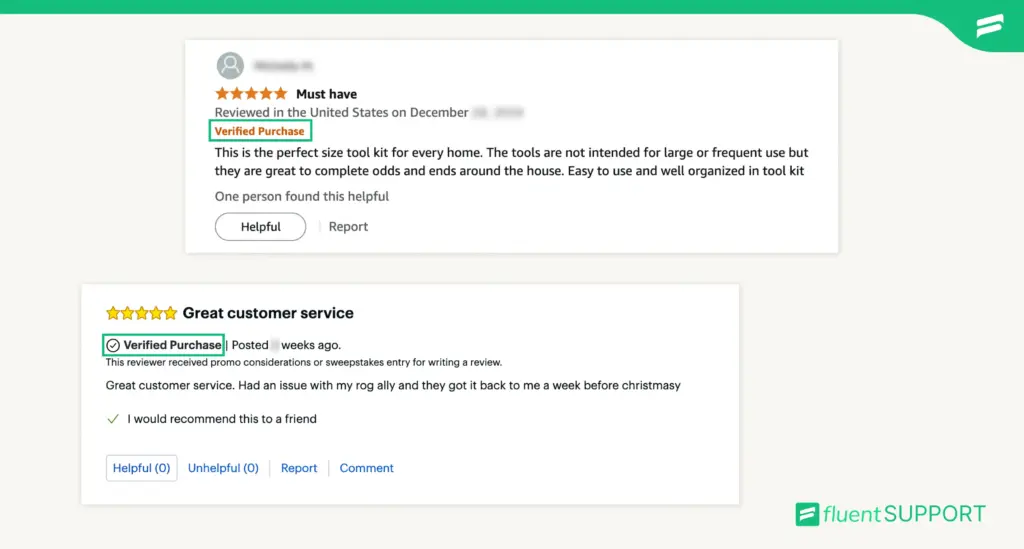
Platforms like Amazon, Best Buy, Ikea, and Costco marked the real product user by a badge called verified purchase. That means the user brought the product from here and posted the review after purchase.
You can also use tools like Fakespot to identify fake reviews on online stores.
How decide which platform is right
Now to finally answer the question, what is one of the best ways to get reliable information about a product? As I categorized the product previously, let’s see which platform is right for finding reviews for your different category.
Essential Products
- Online Store Reviews
- Review Sites
- Social Media Reviews
Function Products
- Experts’ Analysis
- Forums
- Review Sites
- Online Store Reviews
Exclusive/Luxury Products
- Experts’ Analysis
- Social Media Reviews
- Forums
- Official Websites
- Online Store Reviews
Wrapping up
It seems like a very detailed investigation listing for a product. But it might seem complicated because I wrote it. It’s not that complicated. And I brought those headphones using the same steps. And trust me, it was worth it. And ended up with a great product.
This is my take on researching a product before I buy it. What’s yours if I ask the same question to you? What is one of the best ways to get reliable information about a product?
Start off with a powerful ticketing system that delivers smooth collaboration right out of the box.





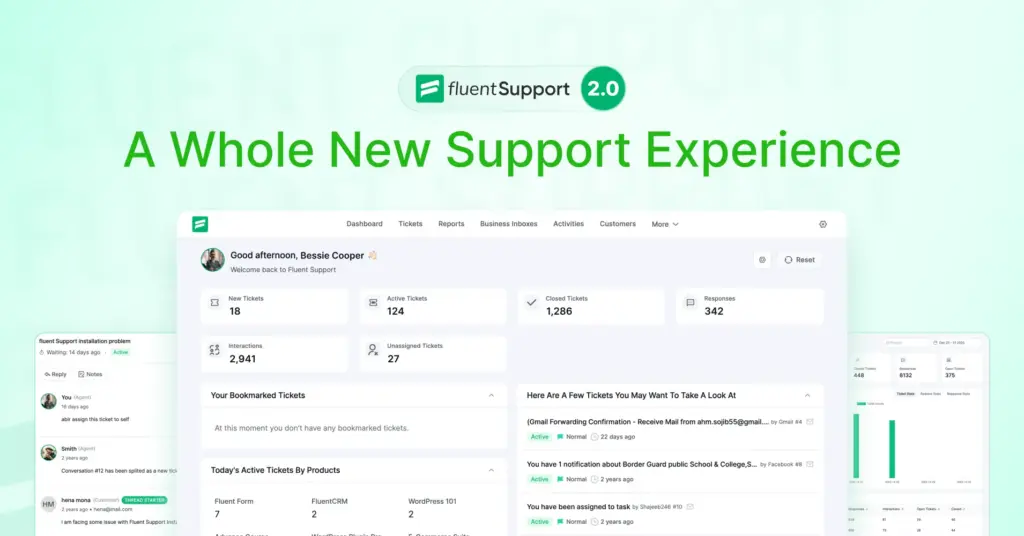

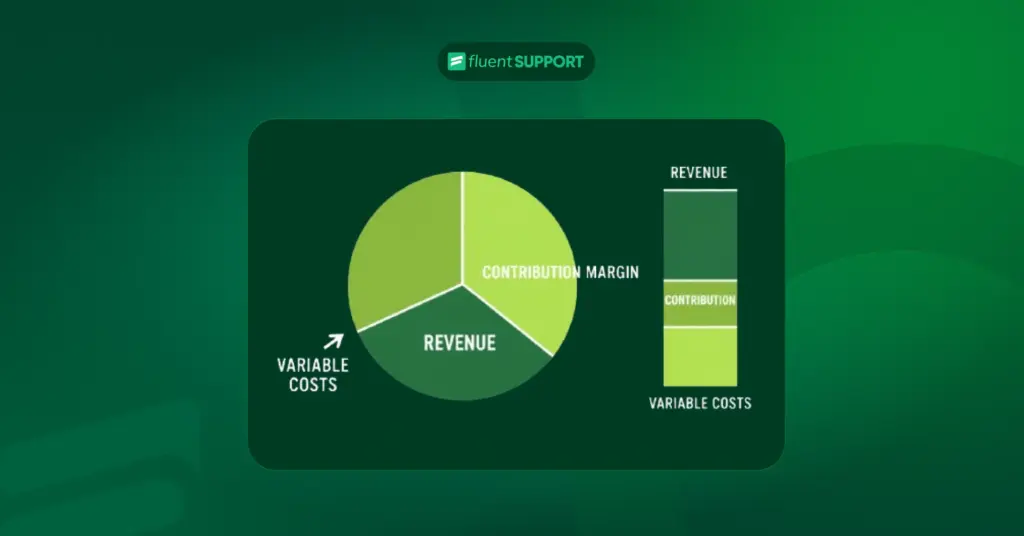

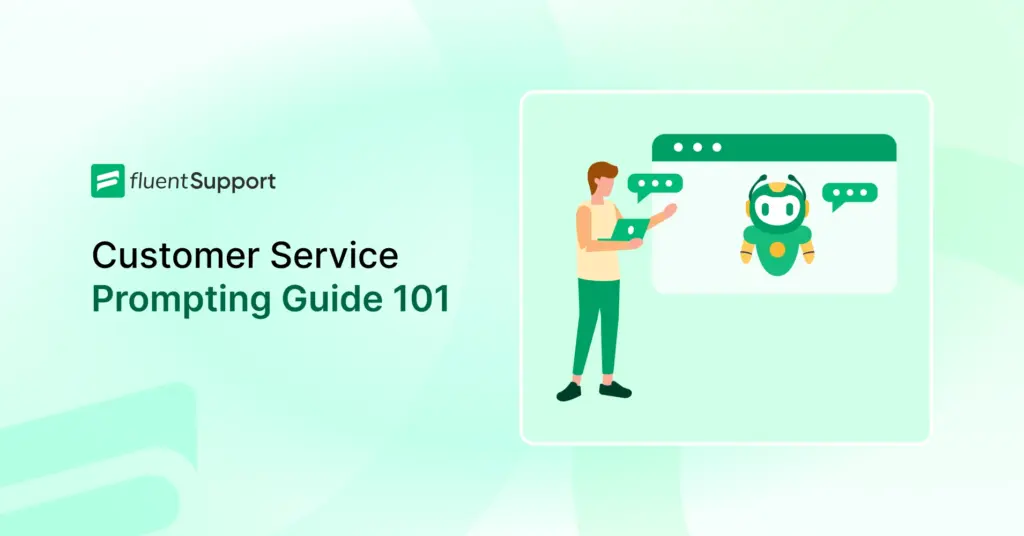
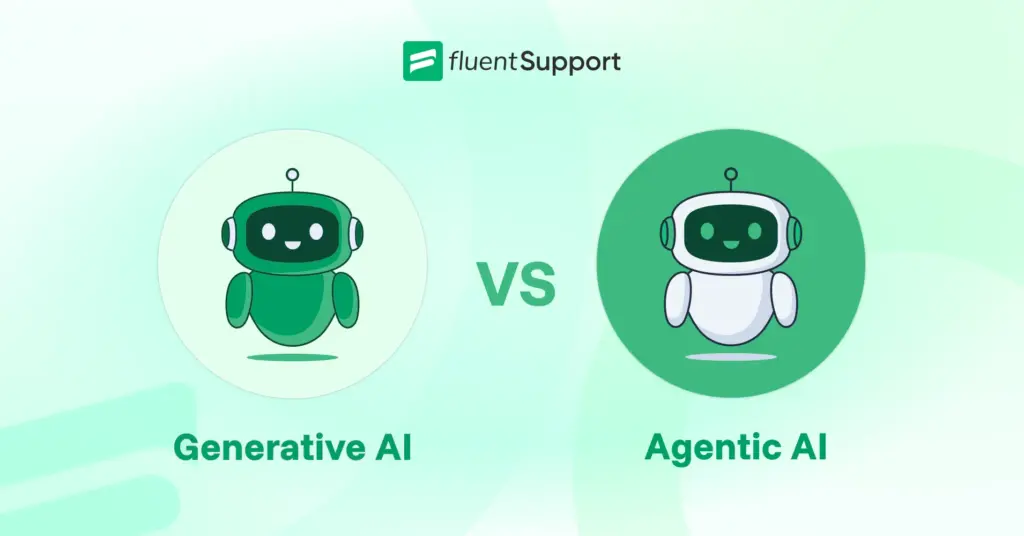

Leave a Reply